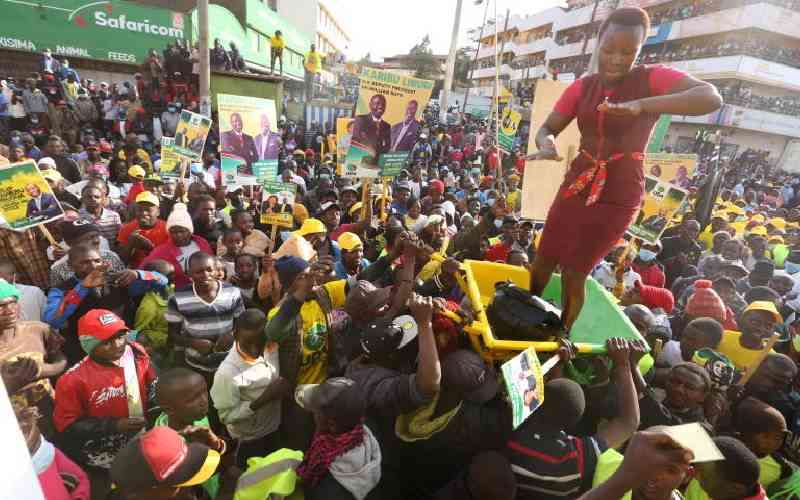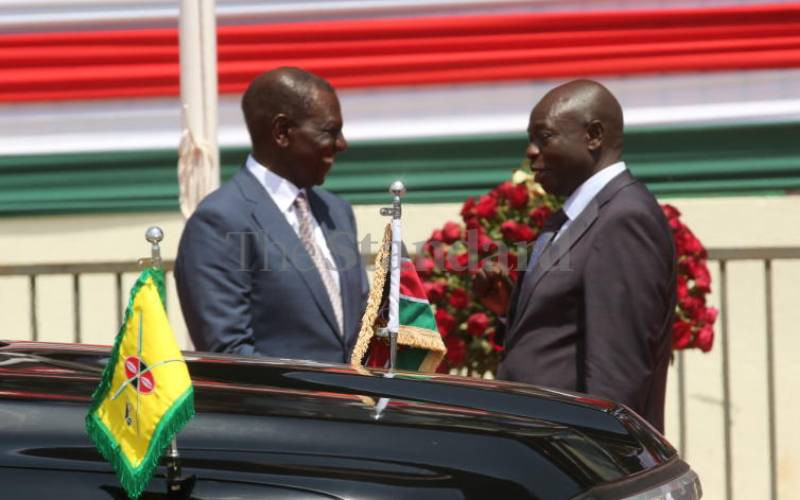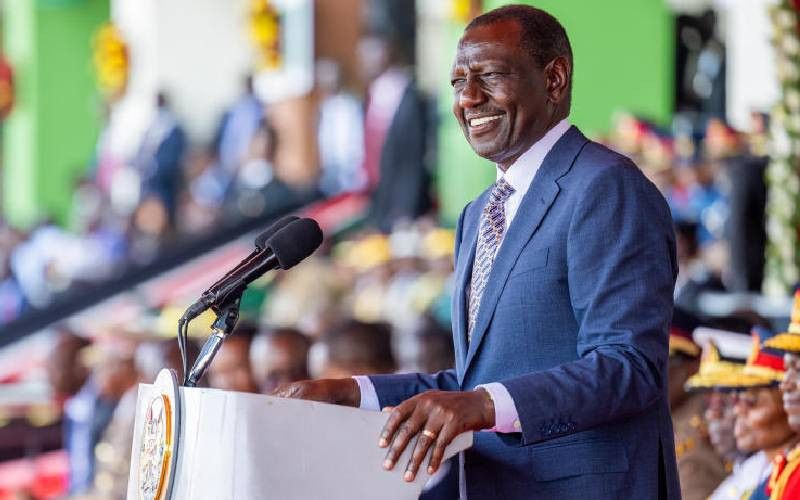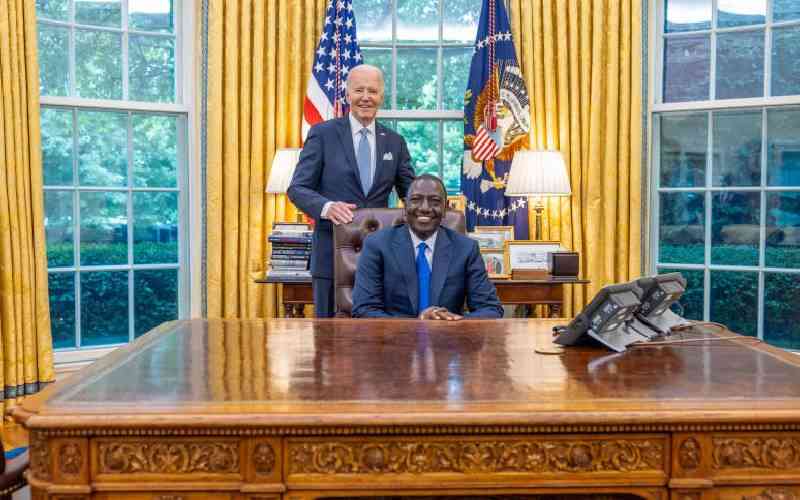By David Ochami
The eruption of tribal violence in Tana Delta District of Tana River County demonstrates how poverty, ethnic bigotry, historical rivalry, impunity, and lack of Government presence can breed hatred and violence.
It is reported that in the latest strikes where 48 people were reported killed in grenade and machete attacks, militia that have existed in past conflicts have been revived with Government forces being converted into bystanders.
Kenyans recall the carnage between ethnic Pokomo against Orma and Wardei in Garsen and Galole constituencies in the run up to 2002 elections when close to 100 people were killed in bloody skirmishes over land, resources, and politics.
As the 2007 elections approached, the alliance between Orma and Wardei had collapsed and they turned against one another especially in Bura constituency with minor skirmishes in Garsen and Galole where these tribes also live.
Socially diverse
To understand the reasons for clashes in these areas, it is vital to appreciate that Tana River is one of Kenya’s most ethnically and socially diverse counties, hosting rival tribes, farmers, pastoralists, hunters and gatherers, Muslims, Christians, traditionalists, large and endangered tribes living side by side and competing over limited resources in a largely arid region, poor and with a history of neglect and gun fed insecurity.
Ethnic Pokomo from Tana South are better educated and are also largely Christian and held political influence before, however their fortunes have plummeted with the rapid rise of Wardei, Orma and influx of business minded and cattle keeping pastoralists from North Eastern Province.
Pastoralists in Garsen especially resent the farmers’ superior education accusing the latter of exploiting their headstart in education to profess superior land rights in a region where the settled and cattle herding tribes harbour conflicting conceptions on land ownership and grazing rights.
The settled tribes cannot understand how pastoralists fail to respect private property and farms by grazing their cattle on crops.
And the pastoralists in turn cannot fathom how farmers can lay claim to natural resources including pasture and access to the rivers or how farmers can kill their cattle when they stray in farms. Pokomo often claim they are being swamped by expansionism directed from Garissa County and in private their agitators allege Bura constituency is slowly becoming part of North Eastern Province, demographically.
During the Kenyatta regime, and early years of the Moi regime, Tana River was a closed district within the defunct North Frontier District with mixed support and opposition for the separatist campaign to cede that part of Kenya to Somalia.
The irredentist violence bred insecurity and poverty which linger to date, factors which are exacerbated by the conflicting religious, tribal, political and social differences. Each tribe tends to hold exclusive political positions even on development matters like the extraction of the Tana Delta.
No classification
Often the spark for chaos can be as flimsy as categorisation during census as happened in Madogo division in 1999 when ethnic Watte, a hunter-gatherer tribe often also called Boni or Wasanye refused to be classified as either Orma or Wardei.
Stay informed. Subscribe to our newsletter
Due to differences of religion and tribe, demeaning stereotypes abound, folklore and mythology against one another are the order of the day, and in order to safeguard territorial interests there is need to raise militia. During war, or in preparation for war, each tribe and its leaders play the role of victim, depicting others as aggressors and also exaggerate fatality figures often for group and personal gain.
 The Standard Group Plc is a
multi-media organization with investments in media platforms spanning newspaper
print operations, television, radio broadcasting, digital and online services. The
Standard Group is recognized as a leading multi-media house in Kenya with a key
influence in matters of national and international interest.
The Standard Group Plc is a
multi-media organization with investments in media platforms spanning newspaper
print operations, television, radio broadcasting, digital and online services. The
Standard Group is recognized as a leading multi-media house in Kenya with a key
influence in matters of national and international interest.
 The Standard Group Plc is a
multi-media organization with investments in media platforms spanning newspaper
print operations, television, radio broadcasting, digital and online services. The
Standard Group is recognized as a leading multi-media house in Kenya with a key
influence in matters of national and international interest.
The Standard Group Plc is a
multi-media organization with investments in media platforms spanning newspaper
print operations, television, radio broadcasting, digital and online services. The
Standard Group is recognized as a leading multi-media house in Kenya with a key
influence in matters of national and international interest.




